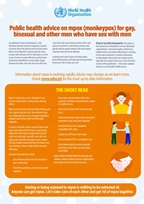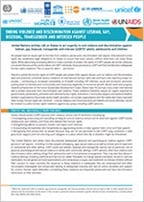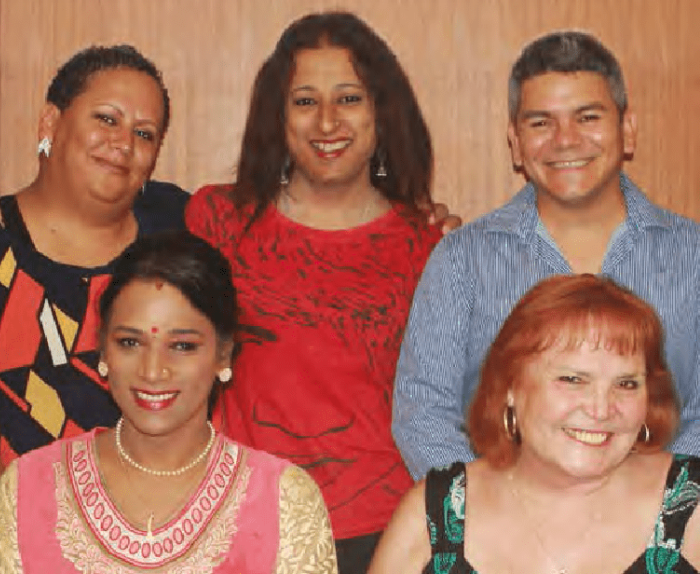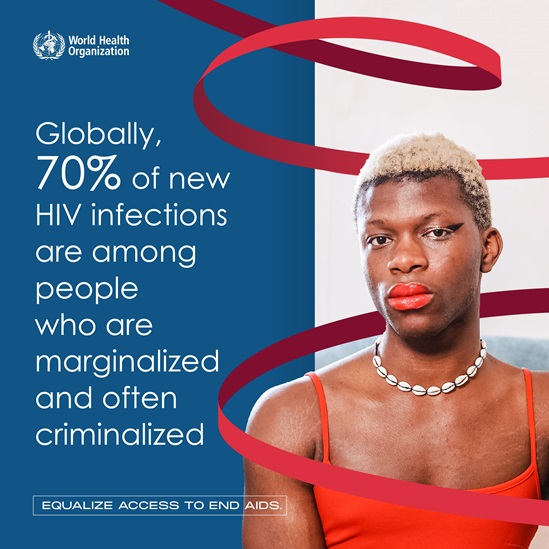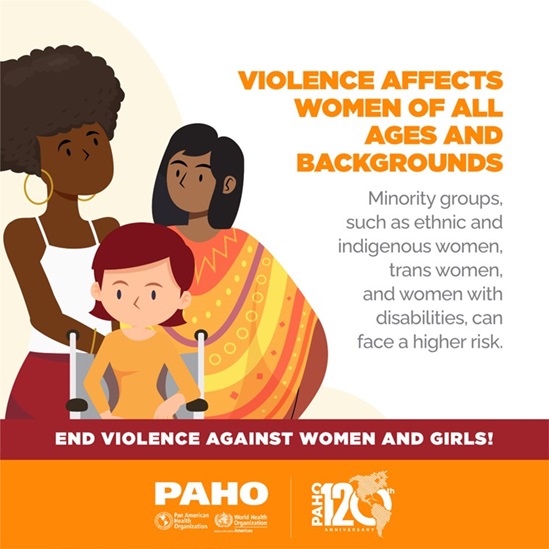Improving LGBTIQ+ health and well-being with consideration for SOGIESC
LGBTIQ+ health refers to the physical, mental, and emotional well-being of people who identify as lesbian, gay, bisexual, transgender, intersex or queer (LGBTIQ+). The plus sign represents the vast diversity of people in terms of sexual orientation, gender identity, expression and sex characteristics (SOGIESC). The LGBTIQ+ acronym is dynamic and can vary depending on the region or country, highlighting the multitude of LGBTIQ+ communities across cultures.
While recognizing the diversity of LGBTIQ+ people, evidence suggests some common experiences affecting their health and well-being. They are less likely to access health services and engage with healthcare workers due to stigma and discrimination, resulting in adverse physical and mental health outcomes. They can also experience human rights violations including violence, torture, criminalization, involuntary medical procedures and discrimination. In addition, they can face denial of care, discriminatory attitudes and inappropriate pathologizing in healthcare settings based on their SOGIESC.
WHO's support to countries is founded on the fundamental human rights principle that all persons should have access to health services without discrimination. The adoption of the 2030 Agenda for Sustainable Development and its pledge to “leave no one behind”, based on the normative framework of international human rights law, has reinforced the need to understand and improve the health and well-being of LGBTIQ+ people. WHO develops guidelines, provides technical support and conducts research to help countries develop and strengthen inclusive health systems and policies for the health and well-being of all people, regardless of SOGIESC.



